In Pictures
DR Congo: The world’s most neglected displacement crisis
DR Congo is home to more than 5.5 million internally displaced people, the third highest number in the world.
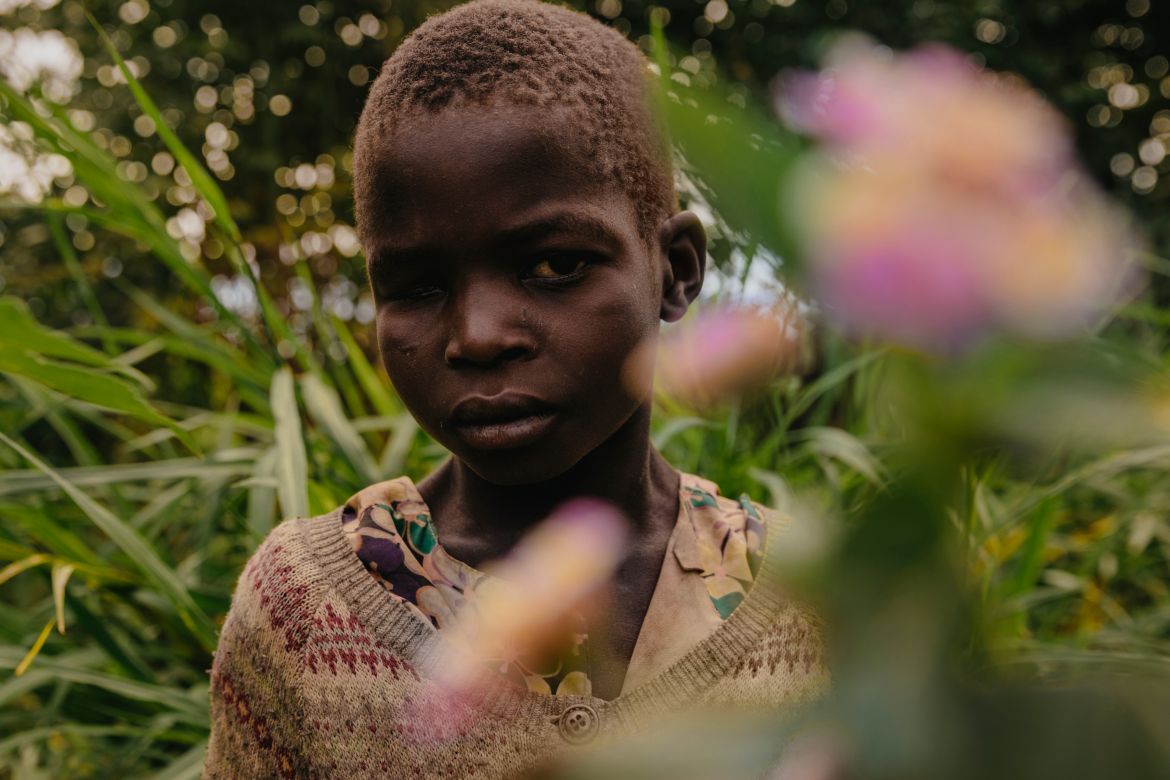
The Democratic Republic of the Congo is the world’s most neglected displacement crisis, according to a report by the Norwegian Refugee Council.
According to the report released on Wednesday, the DRC is home to more than 5.5 million internally displaced people, the third highest number in the world.
A million other Congolese people have also been forced to flee their country. Food insecurity reached the highest level ever recorded, with 27 million people – a third of the country’s population – going hungry.
The NRC’s annual report on neglected crises is based on three criteria: lack of funding, lack of media attention, and lack of international political and diplomatic initiatives.
The DRC has topped the list for two years now.
“Despite these urgent needs, support to the country is inadequate, and the situation has become a textbook example of neglect,” Jan Egeland, secretary general of the NRC said in the statement.
The aid provided to DR Congo last year equalled less than $1 a week per person in need.
“People inside and outside of Africa with the power to create change are closing their eyes to the waves of brutal and targeted attacks on civilians that shatter communities,” Egeland added.
The aid organisation compared the world’s response in the aftermath of the Russian invasion of Ukraine, with the support for conflict survivors in the DRC.
“The war in Ukraine has highlighted the immense gap between what is possible when the international community rallies behind a crisis, and the daily reality for the millions of Congolese who continue to suffer in a deafening silence,” the NRC chief said.
* Names in this gallery have been changed for safety reasons
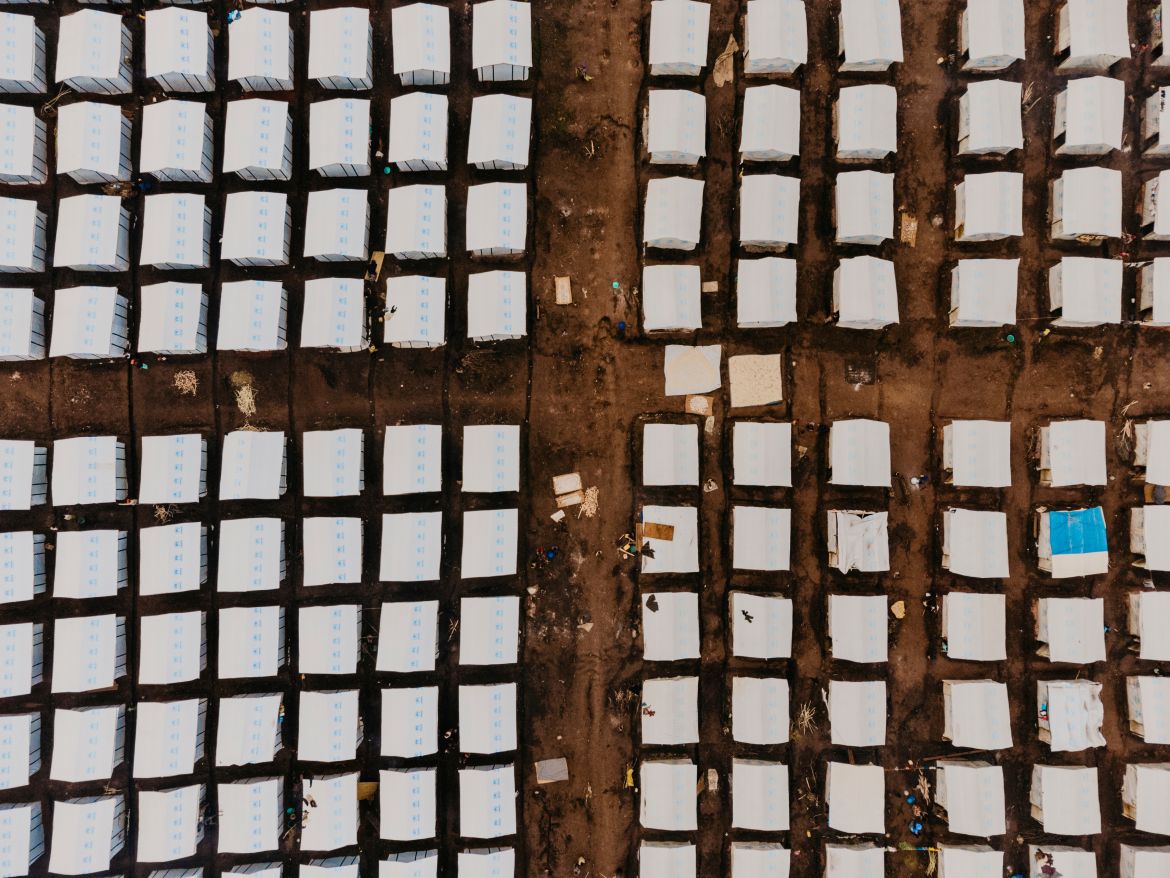




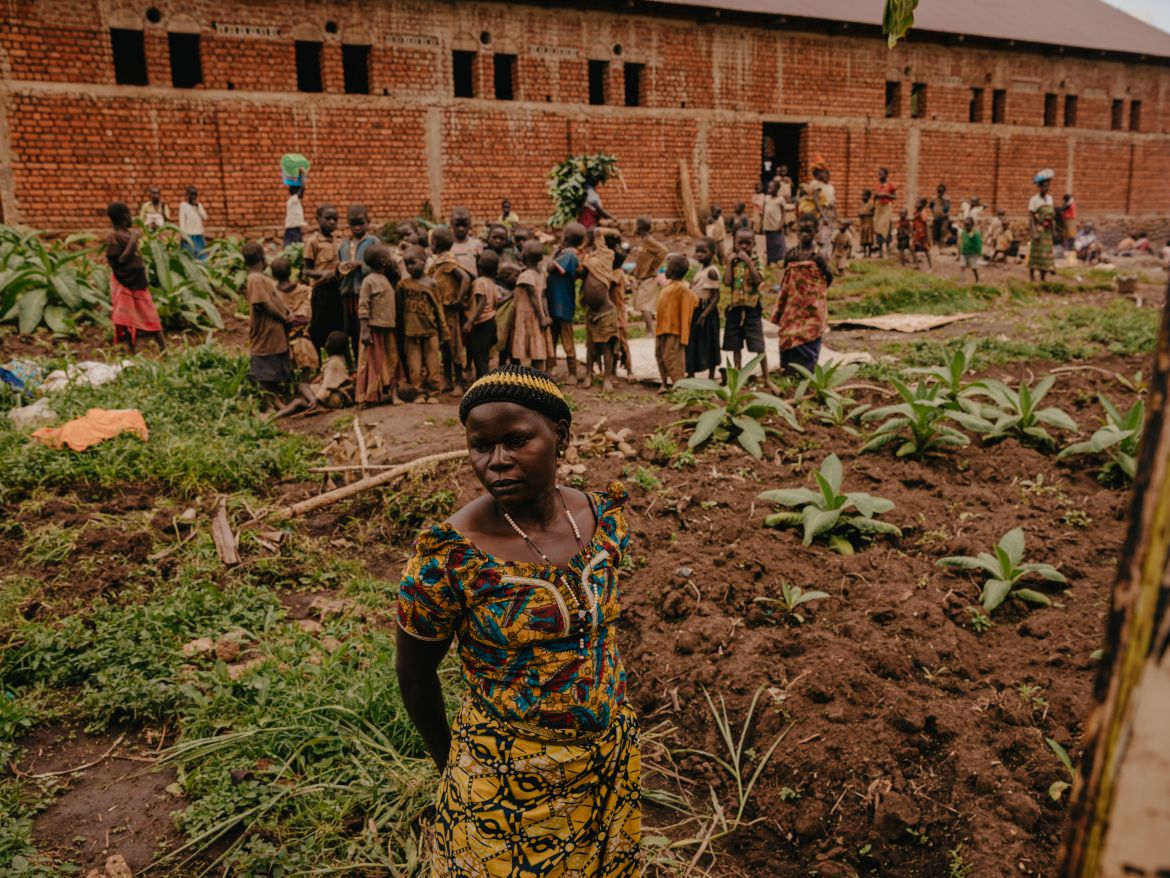
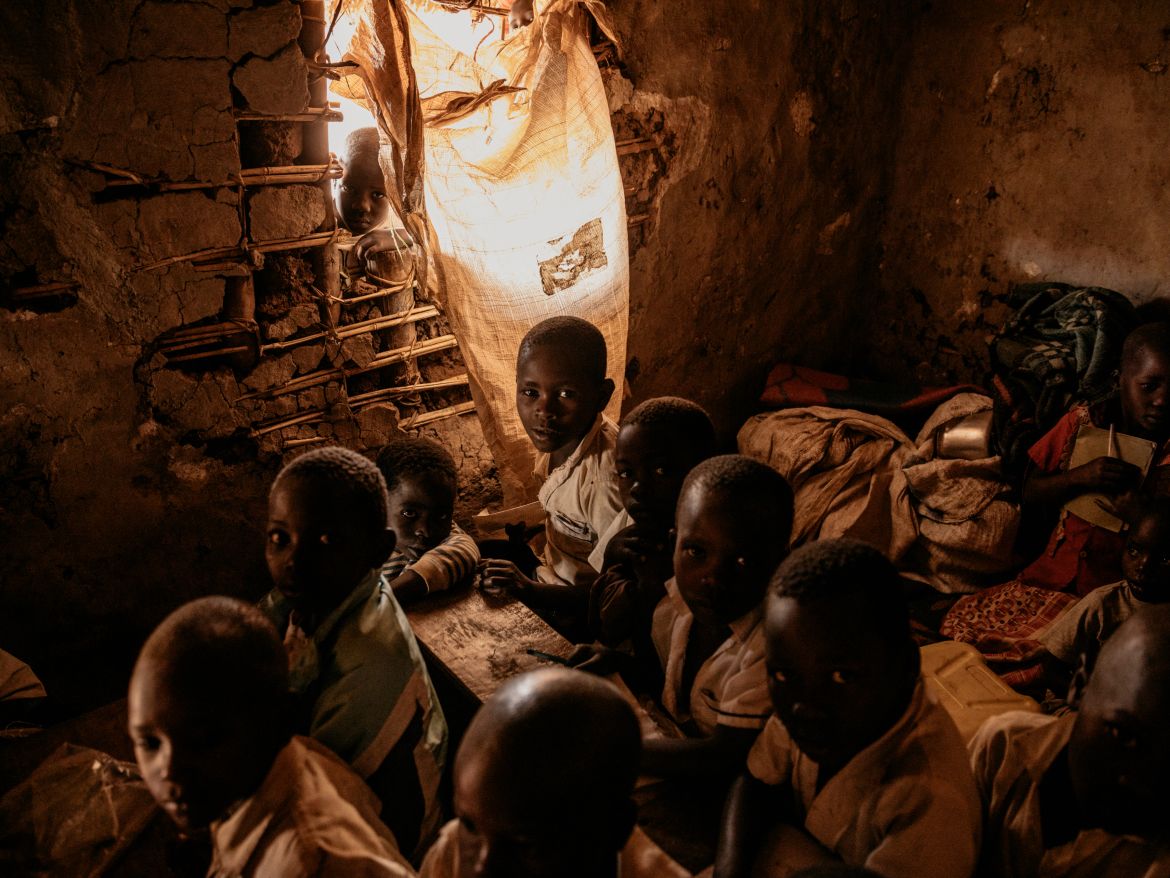
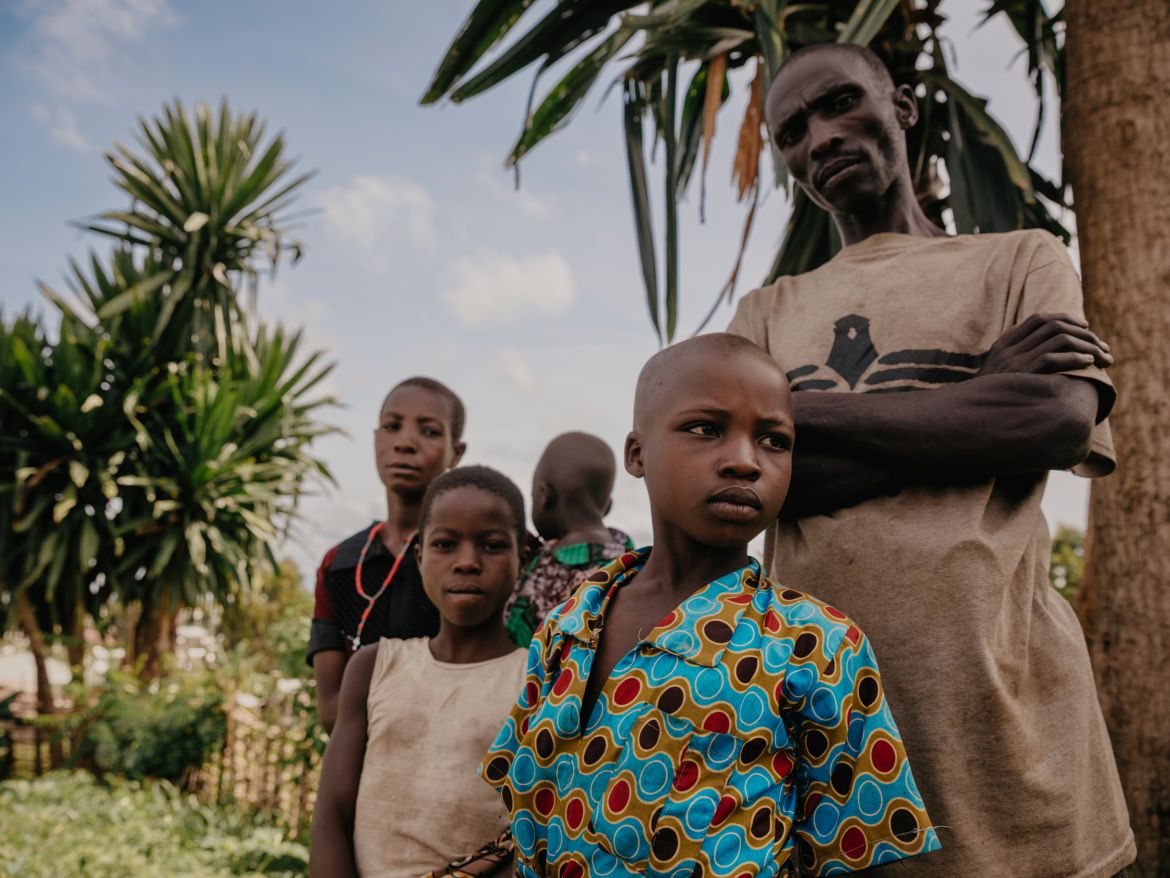


![Displaced communities living in church buildings after having fled the Ituri Conflict in Democratic Republic of Congo, April 28, 2022 [Hugh Kinsella Cunningham/NRC]](/wp-content/uploads/2022/05/HKCB2346-1.jpg?fit=1170%2C878&quality=80)
